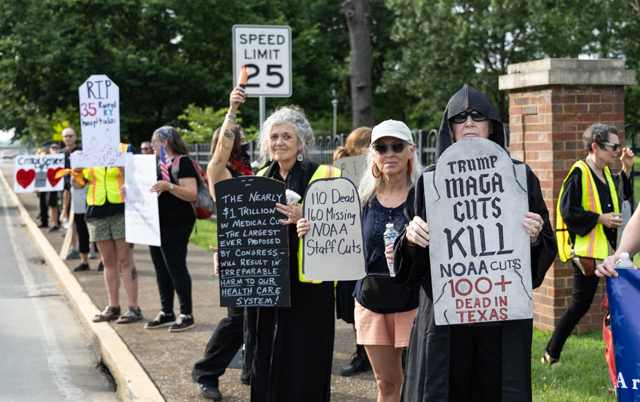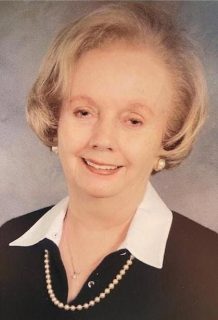Book, screenplay chronicle murder, hanging in Franklin
Published 3:11 pm Thursday, October 31, 2024
For Russ Witcher, a journalism professor at Tennessee Tech University in Cookeville, Tennessee, the story of his fifth book began when his nephew was restoring the tombstone of Witcher’s great-grandfather, a Union soldier in the Civil War.
Witcher began researching the soldiers his great-grandfather served with and found a surprising fact – a captain in the unit was accused, with several others, of robbing a train in Franklin and was later publicly hanged in 1867 for a murder spurred by a desire to cover up the train robbery.
“I thought it was a great story,” said Witcher, who then spent months researching the history. “This was really a story of reporting,” Witcher said.
Trending
The result was a book, published in 2022, titled “Going Home to Die No More.”
It tells the story of how the ex-Union Army captain, William P. King, and some accomplices derailed and then robbed an L&N train in 1866 near Franklin.
One of the group of robbers was William King’s brother, Harvey King. The latter was apparently slated to confess to the crime and testify against the others, but wound up being shot and killed before he could.
William King and another man were charged with the murder and eventually convicted. Despite several attempts to escape jail after the conviction, the pair were hanged in 1867 in front of a crowd of several thousand on the outskirts of Franklin.
After the book was published, Witcher found a so-called death-bed confession from William King at the Western Kentucky University archives that detailed more of William King’s final moments.
“The story needed an update,” Witcher said.
Trending
But rather than simply update the book, he decided to write a screenplay, a process that took about a year.
That screenplay was recently honored with honorable mentions in the first-time screenwriter categories at both the 2024 Los Angeles Film Awards and the Oniros Film Awards in New York.
Witcher hopes that the screenplay will eventually be used for a film about the case, which he believes led to the hanging of an innocent man.
Research made Witcher certain that “there was no way” William King could have killed his brother because of conflicting timelines.
King professed his innocence until the moment the hangman’s rope ended his life. His lengthy speech to the large crowd gathered to watch the hanging included many statements regarding his innocence:
“I’m as innocent of my brother’s death as any man here,” he said. “There is not a person within the sound of my voice who loves their brothers better than I did mine, and had I known who killed him, I should have avenged his death.”








